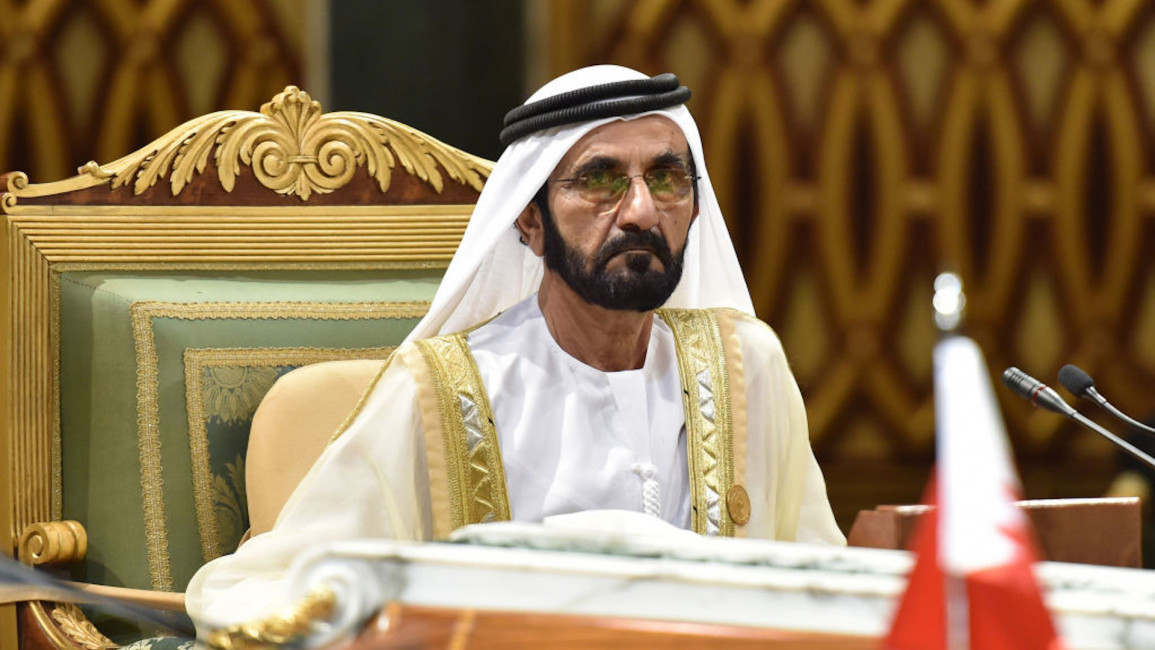UAE pledges to reduce carbon emissions by 25 percent by 2030
Sheikh Mohammed, who is also the UAE's prime minister, said that his country had submitted its national pledge to the UN Framework Convention on Climate Change, which included their commitment to cut carbon emissions.
The UAE was one of 196 countries that signed the Paris agreement in 2015, which set out commitments to limit global warming to less than 2c above pre-industrial levels.
The UAE originally committed to generating 24 percent of its energy requirements from clean sources by 2021, but later increased that level to 50 percent by 2050.
The new pledge marks a slight increase on its initial obligation and follows cabinet approval for a series of environmental commitments to clean energy and carbon emissions.
"We must preserve our resources, reinforce biodiversity and achieve the highest levels of productivity," said Sheikh Mohammed, speaking to officials from the ministry of climate change and environment.
|
|
Among the projects being developed by the UAE are an expansion of its solar energy capacity and a planned expansion of the carbon capture scheme, which will hold 5 million tonnes of carbon dioxide.
It will also work on establishing a "hydrogen ecosystem" that will provide cleaner energy.
Both of the carbon capture and the hydrogen scheme are being operated by the Abu Dhabi National Oil Company.
A desire for cleaner environment is not the only issue in the minds the UAE, which has not been immune from the recent economic chaos caused by the coronavirus.
Read more: Will UAE-Israel deal draw Tel Aviv into Yemen's war?
The UAE, the second-largest economy in the Arab world, is predicted to shrink by 6 percent in 2020, due to a sharp fall in oil demand.
In a report this month, the International Monetary Fund (IMF) said that for the UAE, "real oil GDP is projected to contract in 2020, corresponding to an average oil production of 2.8 million barrels per day for the year as a whole".
In the past the UAE has heavily subsidised oil, gas, and electricity. The International Energy Agency (IEA) said that in the GCC in 2013, subsidies accounted for 65-80 percent of the full cost of supply. The IMF has previously estimated that UAE spent $7 billion a year on petroleum subsidies.
In 2015 it was announced that it had scrapped fuel subsidies, and according to data from the IEA, this total fell by 52 percent.
A move to renewable to energies is likely to boost foreign export potentials, which drive a higher price and aid the Gulf state in its economic recovery.
Follow us on Facebook, Twitter and Instagram to stay connected



